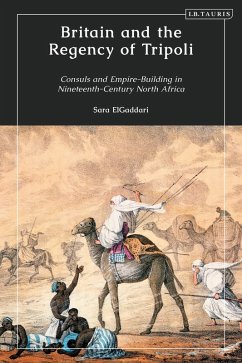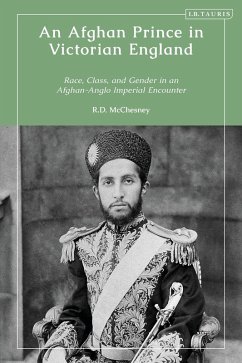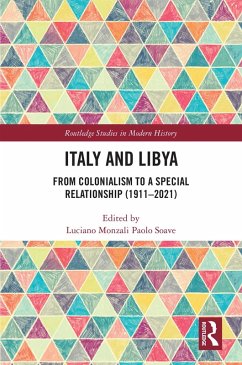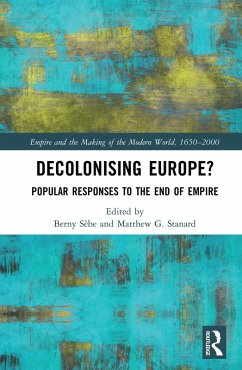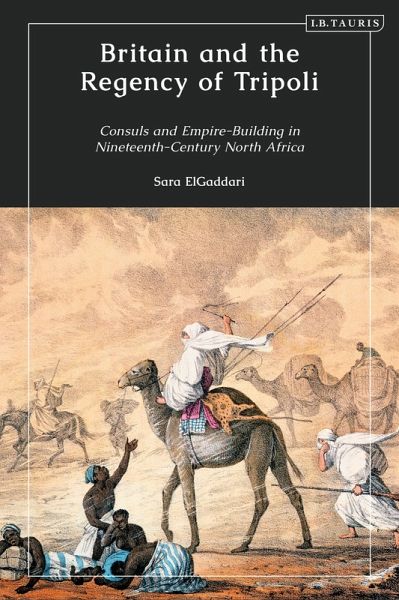
Britain and the Regency of Tripoli (eBook, PDF)
Consuls and Empire-Building in Nineteenth-Century North Africa
Versandkostenfrei!
Sofort per Download lieferbar
24,95 €
inkl. MwSt.
Weitere Ausgaben:

PAYBACK Punkte
12 °P sammeln!
By the early 1820s, British policy in the Eastern Mediterranean was at a crossroads. Historically shaped by the rivalry with France, the course of Britain's future role in the region was increasingly affected by concern about the future of the Ottoman Empire and fears over Russia's ambitions in the Balkans and the Middle East. The Regency of Tripoli was at this time establishing a new era in foreign and commercial relations with Europe and the United States. Among the most important of these relationships was that with Britain. Using the National Archive records of correspondence of the Britis...
By the early 1820s, British policy in the Eastern Mediterranean was at a crossroads. Historically shaped by the rivalry with France, the course of Britain's future role in the region was increasingly affected by concern about the future of the Ottoman Empire and fears over Russia's ambitions in the Balkans and the Middle East. The Regency of Tripoli was at this time establishing a new era in foreign and commercial relations with Europe and the United States. Among the most important of these relationships was that with Britain. Using the National Archive records of correspondence of the British consuls and diplomats from 1795 to 1832, and within the context of the wider Eastern Question, this book reconstructs the the Anglo-Tripolitanian relationship and argues that the Regency played a vital role in Britain's imperial strategy during and after the Napoleonic Wars. Including the perspective of Tripolitanian notables and British diplomats, it contends that the activities of British consuls in Tripoli, and the networks they fostered around themselves, reshaped the nature and extent of British imperial activity in the region.




